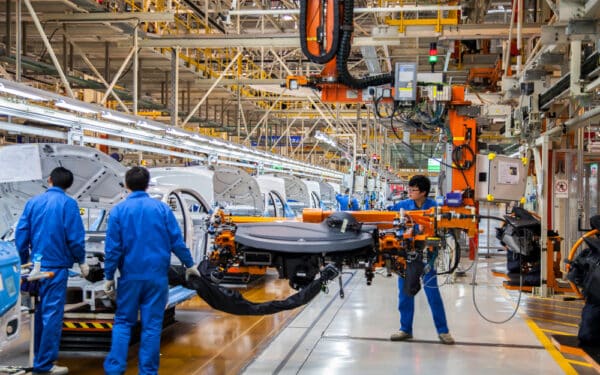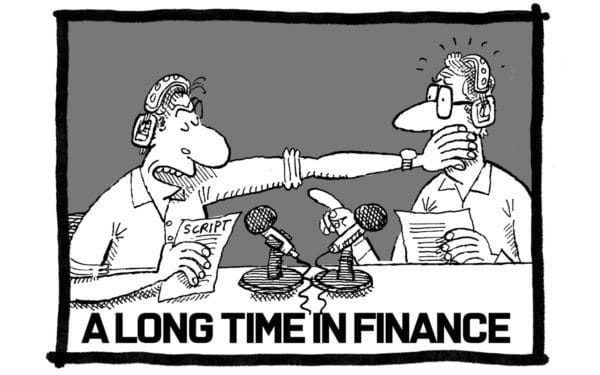An important benefit of leaving the EU is the ability to import goods from outside the EU more cheaply. At present, as a member of the EU customs union, we have to apply their ‘common external tariffs’: they tell us what tariffs to apply to goods imported from outside the EU, e.g. 10 per cent on cars and 24 euro-cents on a bottle of wine, in order to protect EU suppliers from foreign competition. Our government doesn’t even keep the money collected – it hands it over to the EU as part of our budget contribution.
To reduce the tariffs on our imports, we first have to leave the EU customs union. We then decide our own tariff schedule which, according to the rules of the World Trade Organisation (WTO), will apply to our imports from all countries including the EU, except those with which we have a trade agreement. If we sign trade agreements with other countries, these may specify tariffs that are lower than those in our schedule.
The preference of Economists for Free Trade – a group of 16 economists, including myself – is for universal free trade. Zero tariffs on imports of all goods from all countries have been estimated to bring an 8 per cent reduction in consumer prices. It is only by opening up our economy and embracing the world of global free trade that the UK can secure the economic gains from Brexit.
Crucially, this exercise of generating and applying our own tariff schedule does not depend on a trade deal with the EU – we don’t need their agreement in order to realise cheaper imports from elsewhere in the world. Granted, in the absence of a UK-EU trade agreement, WTO rules would oblige EU countries to apply the common external tariffs to imports from the UK. But that would be their problem rather than ours as it would raise their prices.
There is no sense in the commonly-heard refrain “We had better be nice to those Europeans – and pay them money – otherwise they won’t agree to a trade deal and then we fall back on to ‘the WTO option’.” First, once outside the EU, the UK becomes a member of the WTO in its own right, rather than being represented by the EU. This is not optional. Second, the WTO is not some kind of punishment. It exists to promote trade; indeed it has made great progress in improving prosperity by fostering the general reduction of tariffs and other trade barriers across countries. Nearly all trading nations of the world have chosen to be WTO members because they see the advantage of it. Lastly, as we don’t need an EU trade deal, we are not asking them any favours. We don’t have to beg.
Having our own independent schedule of tariffs is the normal thing for trading nations to do. Even members of other trade blocs like NAFTA (the US, Canada and Mexico) apply their own tariffs to third countries. It’s only in the peculiar EU that countries have given up any scope for independent trading arrangements.
Of course, having lower external tariffs than the EU will require some new arrangements for customs clearance for movements of goods across the Channel. But all other countries cope with such matters and if we go for zero tariffs all round, it will be much simpler. It is in the interests of our EU trading partners to sort this out just as much as ours.
To reap the benefits of cheaper imports we shall leave the customs union and we shall be charging lower tariffs on non-EU imports. The French may be displeased to have to compete on a level with Chile and South Africa for their sales of wine to Britain, but their chagrin is not our concern.
Dr John Whittaker writes on behalf of Economists for Free Trade. He is a senior teaching fellow at Lancaster University specialising in monetary policy and macroeconomics and a former Member of the European Parliament for the North West England region.



